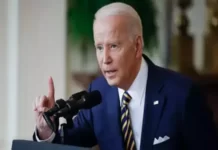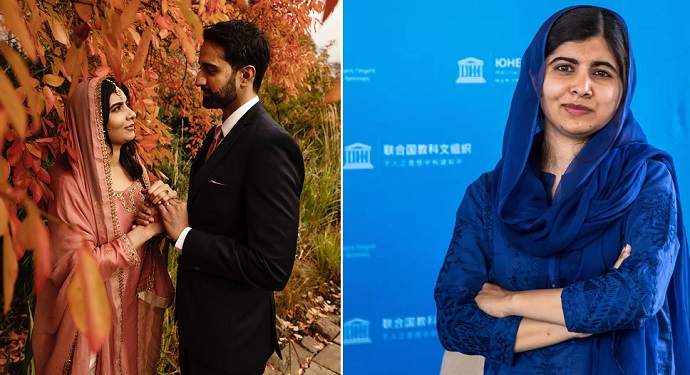Two senior US officials said Friday that the Biden administration has restored a sanctions waiver that will allow countries to work with Iran on civil nuclear projects, a move that comes as US officials warn that the 2015 Iran nuclear deal is running out of time.
The waiver “is not a concession to Iran,” according to a senior State Department official, nor is it “a signal that we are ready to reach an understanding on a The nuclear agreement’s formal name is the Joint Comprehensive Plan of Action (JCPOA), and it calls for both parties to return to full implementation.
Officials involved in current talks in Vienna aimed at preserving the deal — which the US abandoned in 2018 and from which Iran has become progressively non-compliant — have reached There will be a period when “political decisions” will have to be made swiftly. Since last Friday, the most recent round of talks has been postponed.
“We’re issuing the waiver now for a simple reason: it will allow certain of our international partners to have more in-depth technical discussions in order to enable collaboration that we believe is in our non-proliferation interests,” the official explained.
“The technical conversations permitted by the waiver are vital in the closing weeks of the JCPOA talks,” the official continued, “and the waiver itself would be essential to guaranteeing Iran’s prompt compliance with its nuclear commitments.”
“Such technical conversations could nevertheless assist to accomplishing our non-proliferation goals if talks do not result in a return to the nuclear agreement,” they stated.
The waiver restoration had been communicated to Capitol Hill, according to a parliamentary aide.
Companies and countries will be able to continue working on civil nuclear projects at Iran’s Bushehr nuclear power plant, Arak heavy water plant, and Tehran Research Reactor thanks to the waivers.
Even after withdrawing from the 2015 agreement in 2018, the Trump administration granted a sanctions waiver for such activity under the 2015 accord, claiming that it served to “preserve control of Iran’s civil nuclear programme” and “lower proliferation risks.”
However, in May 2020, then-Secretary of State Mike Pompeo stated that the sanctions waiver would be removed.
The restoration of the waiver, which was originally reported by the Associated Press, was described by a senior State Department official as a return to the “status quo.”
Iran has been steadily breaking its pledges under the accord, and US officials have cautioned that due to Iran’s rapid nuclear development, there are just weeks left to return to the pact. Before returning to compliance with the nuclear deal, Tehran has demanded broad sanctions relief.
According to a senior administration official, Iran did not ask for the waiver to be reinstated, and they do not consider it to be sanctions relief.
“The only way for Iran to get ‘sanctions relief’ under the waiver is for them to finish the projects,” the administration source noted. “This would be a clear win for us since it would represent a partial re-implementation of the JCPOA.”
“Issuing waivers to facilitate civil nuclear cooperation with Iran at a time when Iran is breaking the JCPOA is a strategic blunder,” Behnam Ben Taleblu of the conservative Foundation for Defense of Democracies (FDD) told sources.
“The revelation of the waiver is the clearest indication yet that a resurrected Iran deal is on the way,” he added.


















